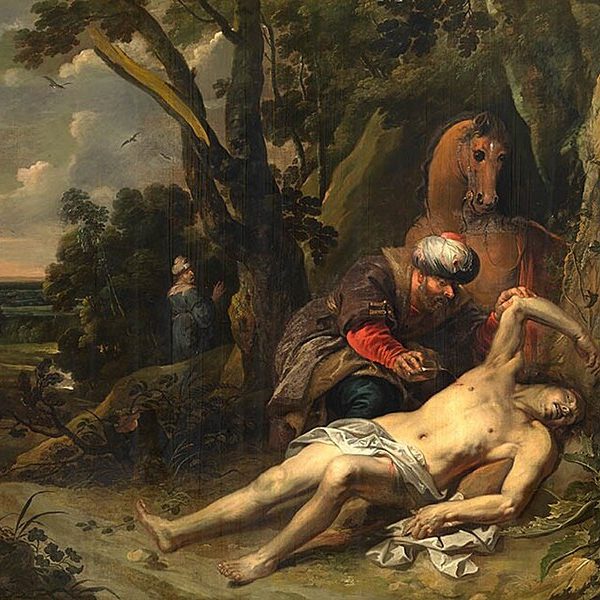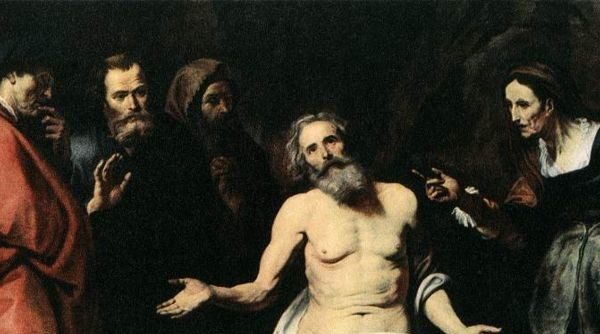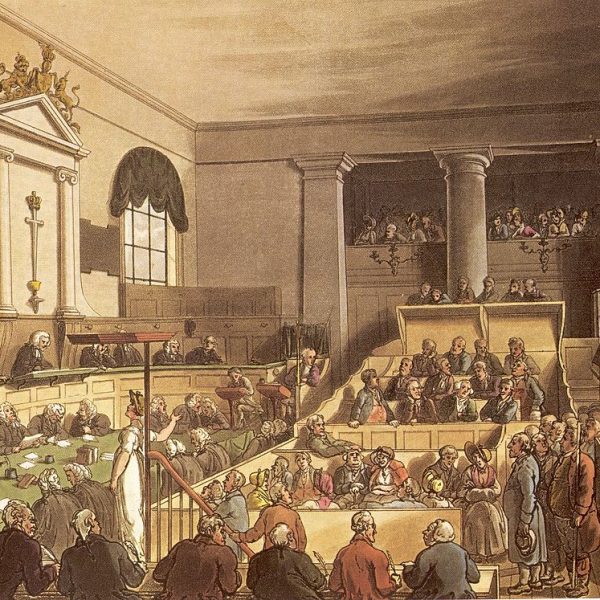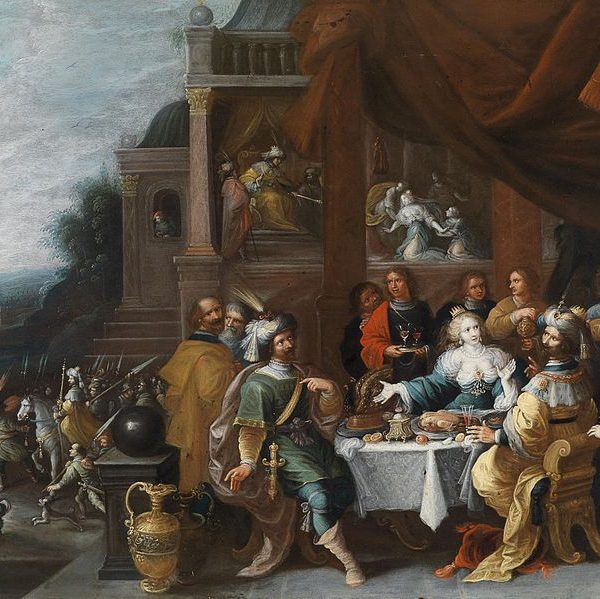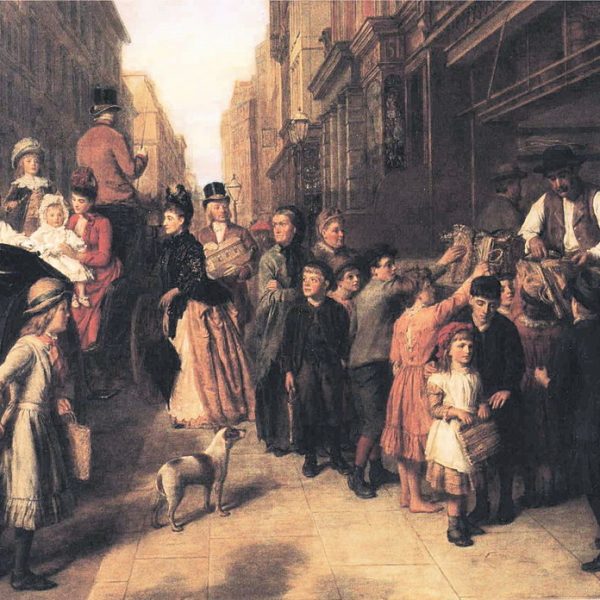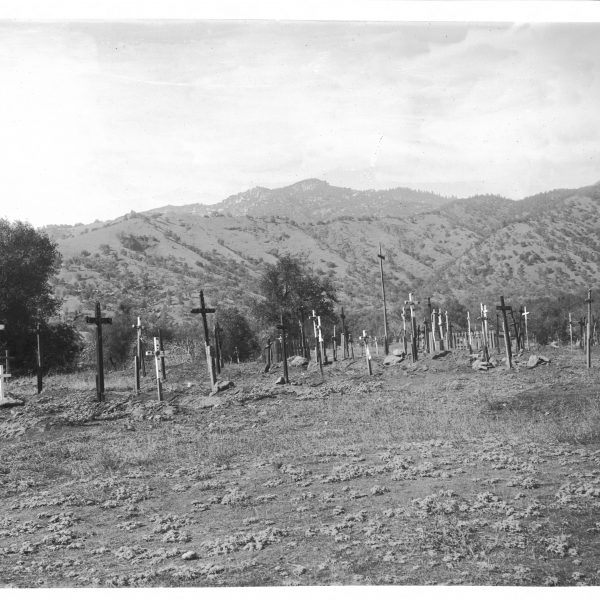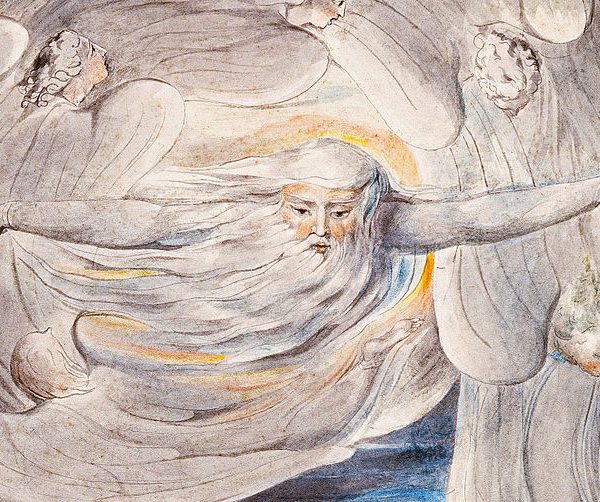
Human rulers like Job might imitate the rule of God, but God’s power goes beyond what they are capable of enacting.
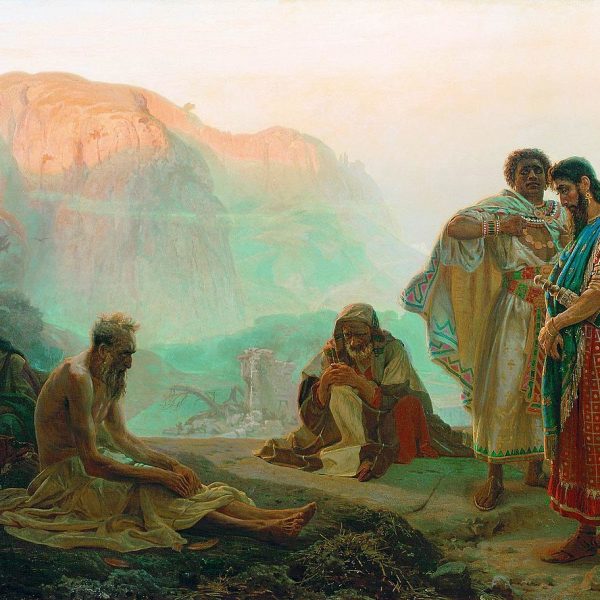
Integrity is what we demand from others, aspire to in ourselves, and often fall short of. We fall short, but will find wholeness in the Son of Man.
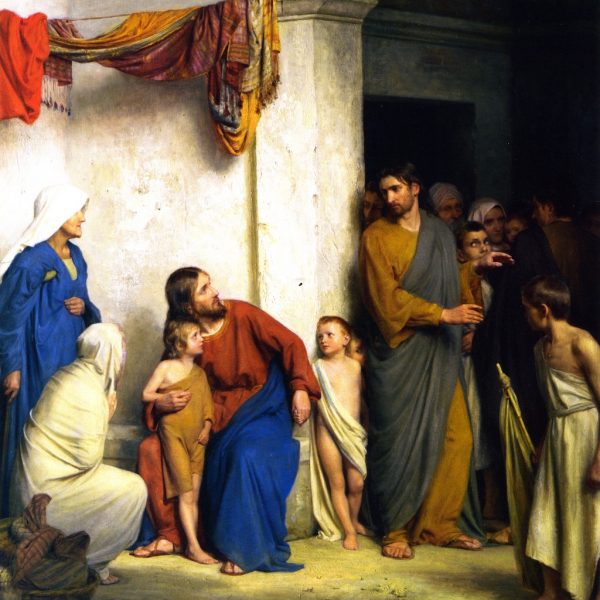
When we stop clinging to what we know and what we are, we can go out into the world without fear, insecurity, resentment, and judgment, as true Children of God. The image of a playing child helps us see alternatives to our childish attitudes.

The Pharisees were not wrong to question Jesus, but as much as we might want to empathize with them, to agree that there are simply certain things good people do not do, Jesus rejects human propriety as an orienting standard. Jesus is talking about the human heart, something Christians today also must consider.
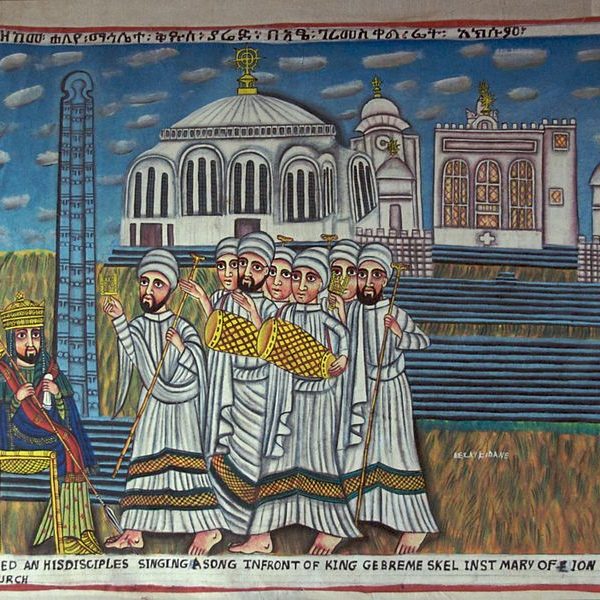
Sometimes politics is less about the leaders and more about whether communities choose to live together in wisdom or folly.
